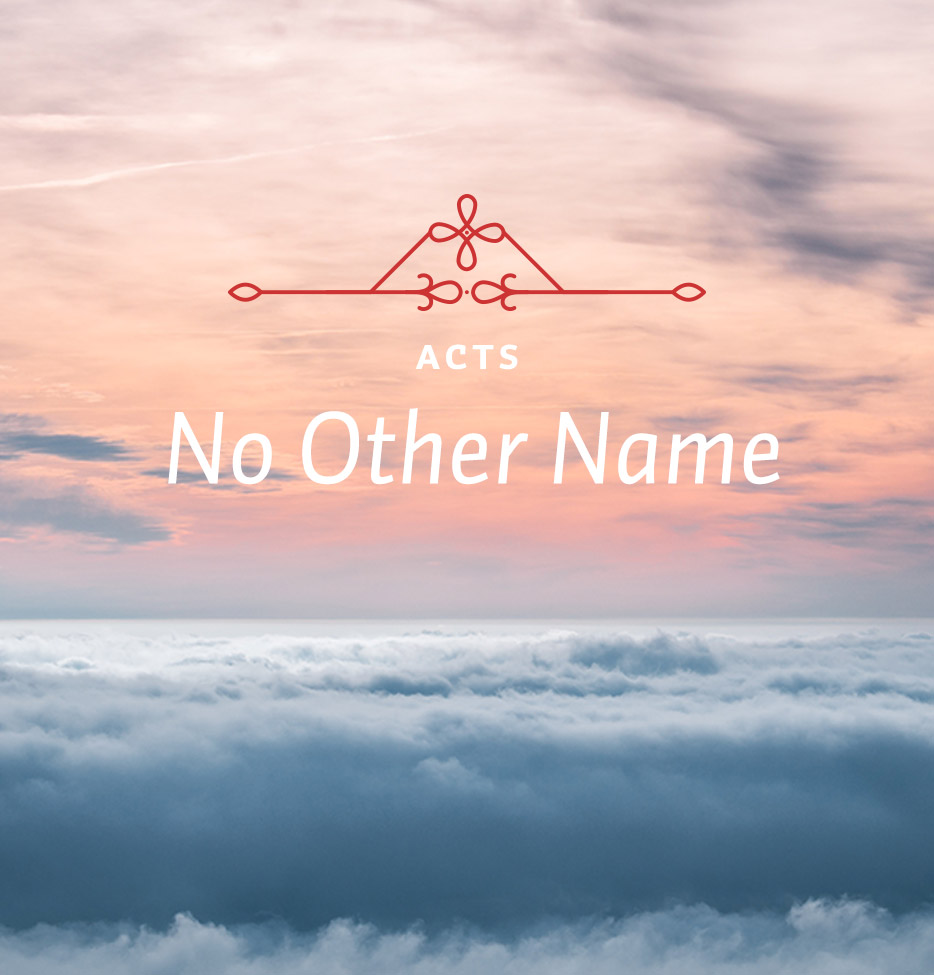In the fourth chapter of Acts we have a record of the first persecution. I do not know if, on this occasion, Peter remembered what the Lord Jesus Christ had said about persecution. But it might be that when he was dragged before the Sanhedrin he recalled that Jesus had prophesied persecution for all who followed Him. Jesus had said, “You will be handed over to the local councils and flogged in the synagogues. On account of me you will stand before governors and kings as witnesses to them. And the gospel must first be preached to all nations. Whenever you are arrested and brought to trial, do not worry beforehand about what to say. Just say whatever is given you at the time, for it is not you speaking, but the Holy Spirit” (Mark 13:9-11).
Peter may not have been thinking about these or similar words on the occasion of this first persecution, but he may have been. At any rate, everything Jesus foretold years earlier was now fulfilled, and it was going to be fulfilled in similar situations even more as the church expanded.
I am sure that as Luke thought about this first persecution he was impressed with the great power arrayed against the disciples. The church was not strong. There were very few disciples. We have been told that about 3,000 believed as a result of Pentecost, and there had been some believers before that. There might have been 3,100 or 3,200. But that was not many. These were the early days. The Gospel had not expanded far. There were few leaders; none of them had much experience as leaders. They were a small band when measured against the total numbers of the Jewish people, and they were very weak—powerless, actually—when measured against the rulers of the day.
I am struck by the way Luke lists those who were of the opposition. In verses 1-6 he lists no less than eleven different individuals or categories of individuals who were opposed to Christianity. He has three of them in the first verse: 1) “the priests,” 2) “the captain of the temple guard” and 3) “the Sadducees.”
Priests could include the Levites scattered throughout the entire land or the Levites actually in Jerusalem at that time to help with the temple worship. Levites served by rotation, and their turn to minister at the temple would come maybe once or twice in a lifetime. They would serve for about three weeks. However, I do not think Luke had in mind either the entire priestly tribe or the priests who were actually serving in Jerusalem. This is because in the New Testament the word “priest” usually refers to the high priest, priests or their specific families. These men were not like the Levites who lived in the villages and who only came up to Jerusalem once in a while. They were the established priestly cast, and they were powerful. I suspect, because Luke is thinking of those who were specifically opposed to the Christians, that this is what he had in mind.
Next he mentions the captain of the temple guard. By this reference he is probably thinking of the captain of the temple guard along with the temple guard itself. These were not Roman troops. The captain was not a Roman officer. Still, this was a force to be reckoned with. These were the soldiers who had arrested Jesus. The captain of the temple guard was the second most powerful person in Jerusalem, apart from the Roman governor and army. First, there were the Romans themselves; second, there was the high priest; third, there was the captain of the guard. So Luke’s mention of the captain of the guard is significant.
He also mentions the Sadducees. The Sadducees were not a terribly numerous party. But they were the upper class, and a powerful, monied class at that. The Sadducees had recognized early on that if the Jews were going to survive the occupation, they would have to get along with the Romans. So they had established close ties with the authorities. Here, then, we have the priests and their families, the police force led by the captain of guard, and the Sadducees, who because of their special relationship to the Romans were the most influential persons in the land. It was a formidable opposition.






